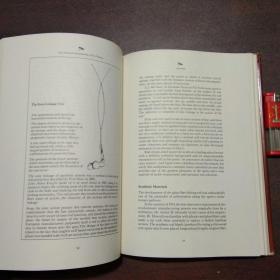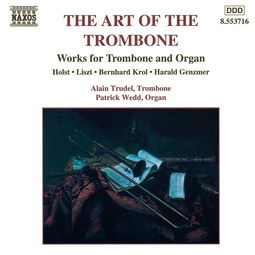Content:
Embarking on a fishing trip can be an exhilarating experience, offering a chance to unwind and enjoy the tranquility of the water. However, safety should always be a top priority, especially when operating a fishing boat. One of the most critical concerns for any fisherman is the risk of capsizing. In this article, we will delve into essential tips and techniques to help you prevent capsizing and ensure a safe and enjoyable fishing adventure.

Understanding the Risks
Before we dive into the prevention strategies, it's crucial to understand the risks associated with capsizing. A fishing boat can capsize due to a variety of reasons, including overloading, improper loading, inclement weather, and sudden changes in water conditions. By being aware of these risks, you can take proactive measures to avoid them.
Proper Boat Loading
One of the primary causes of capsizing is overloading. It's essential to understand the maximum weight capacity of your fishing boat and adhere to it strictly. Here are some tips for proper boat loading:
- Know Your Boat's Capacity: Always have a clear understanding of your boat's maximum weight capacity, including the weight of the boat itself, the motor, fuel, and all passengers and gear.
- Distribute Weight Evenly: Avoid placing heavy items in the front or back of the boat. Distribute weight evenly across the boat to maintain stability.
- Use a Tackle Box: Keep your fishing gear organized in a tackle box or on a rod holder to prevent it from shifting and causing the boat to list.
Weather Awareness
Weather conditions can change rapidly, and being caught in a storm or strong winds can increase the risk of capsizing. Here are some tips to stay safe:
- Check the Forecast: Before heading out, check the weather forecast and be prepared to adjust your plans if conditions are unfavorable.
- Stay Informed: Keep a close eye on the weather while on the water. Use a weather radio or smartphone app to stay updated.
- Avoid Stormy Conditions: If you notice darkening skies, increasing winds, or lightning, it's best to head back to shore immediately.
Safety Equipment
Having the right safety equipment on board can make a significant difference in preventing capsizing and ensuring your safety:
- Life Jackets: Always wear a life jacket, and make sure everyone on board does the same. Children and non-swimmers should wear life jackets at all times.
- Flares and Signals: Carry a set of flares and other signaling devices to alert other boats and rescuers in case of an emergency.
- First Aid Kit: A well-stocked first aid kit can help you manage minor injuries and prevent them from becoming more serious.
Boat Handling Techniques
Proper boat handling is key to preventing capsizing. Here are some techniques to keep in mind:
- Stay Alert: Always be aware of your surroundings, including the boat's position in the water and the behavior of the crew and passengers.
- Avoid Rough Water: If possible, steer clear of rough water and strong currents. If you must navigate through such conditions, do so with caution and at a slower speed.
- Maneuvering: When turning or maneuvering, do so gradually to avoid sudden movements that can cause the boat to tip.
Regular Maintenance
Regular maintenance of your fishing boat is crucial for preventing capsizing. Here's what you should do:
- Inspect the Hull: Regularly inspect the hull for any signs of damage or wear. Repair or replace any damaged parts promptly.
- Check the Motor: Ensure that your motor is in good working condition. Regular maintenance can prevent sudden failures that could lead to capsizing.
- Test the Bilge Pump: Make sure your bilge pump is functioning properly. A failed bilge pump can allow water to accumulate in the boat, increasing the risk of capsizing.
Conclusion
Capsizing is a serious risk that all fishermen should take seriously. By following these essential tips and techniques, you can significantly reduce the likelihood of capsizing and ensure a safe and enjoyable fishing experience. Remember, safety should always be your top priority, and being prepared can make all the difference when it comes to preventing an accident on the water. Happy fishing!












